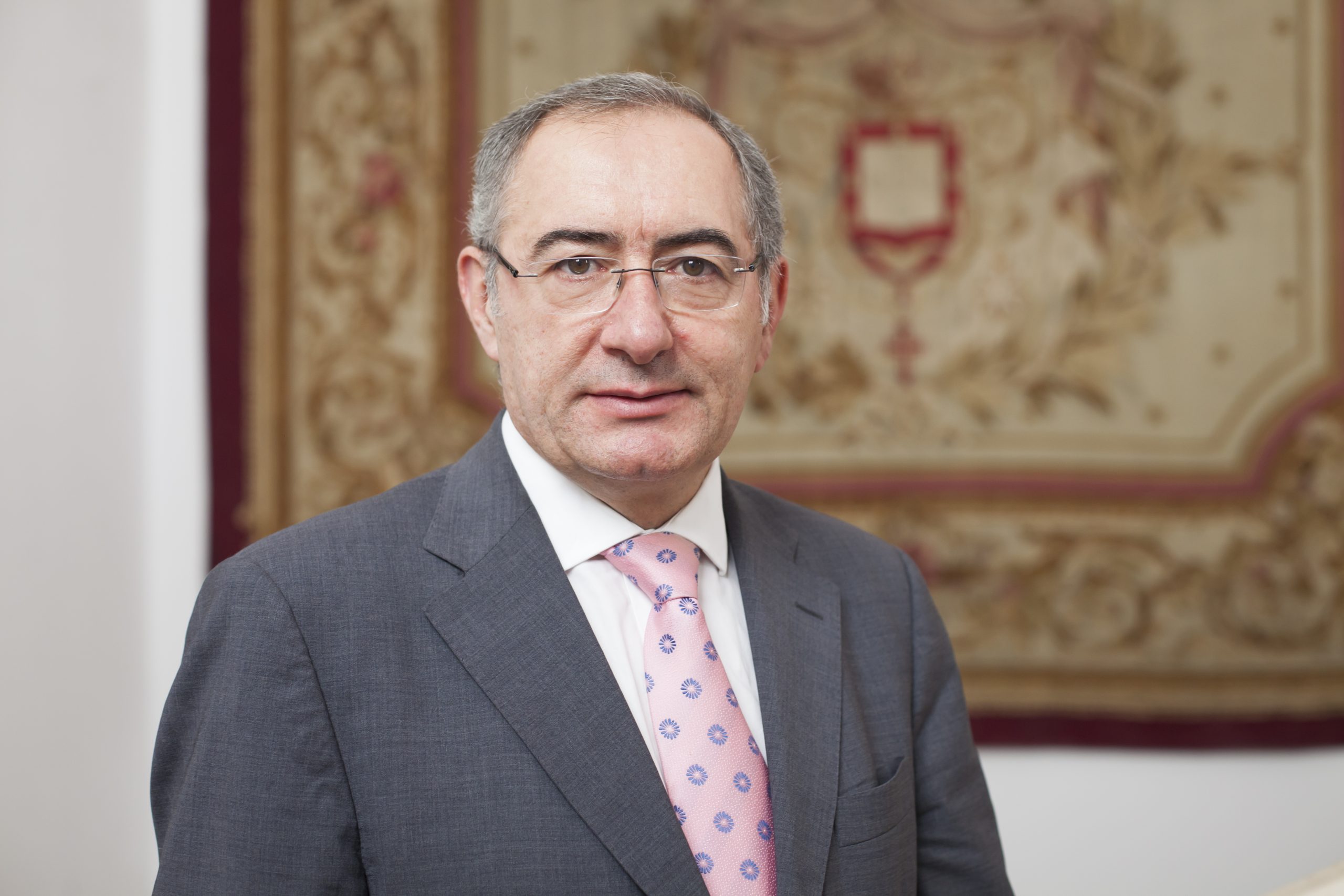The greatest transformation of democracy

Just over three years ago the country seemed to have a sociological majority of the left. The Socialist Party ruled in an absolute majority, with the left side of Parliament still having the representation of the Left Bloc, the Portuguese Communist Party and the Livre. This leftist majority has come from previous years, since António Costa laid down the wall that separated the PS from the leftist parties to create the spring. But since then, the country has become right, following the winds that come from Europe. Although Luís Montenegro had, last year, led a minority government, the 2024 elections resulted in a clear right -wing majority in the Assembly of the Republic. A result that, being evaluated by polls, will be repeated on May 18th. The question then is: what changed or what happened 2015 and 2024 so that such a sudden turning point? Two news this week can help explain it.
The first was the disclosure by the agency for integration, migrations and asylum (AIMA) of the number of foreigners currently living in Portugal: almost 1.6 million, which correspond to about 15% of the population. But more important than the global number is what it represents in relation to previous years: it means that, compared to 2017, when 421 thousand foreigners lived in our country, the number of immigrants quadrupled. And this is undeniably the largest demographic change in the history of Portuguese democracy, which can not even be compared to what happened in 1974-1975 when about 500,000 people returned (and traveled for the first time) to Portugal from ancient colonies.
Despite the conflicts that occurred then, they were people who shared a common history, language and identities. That helped, for the initiative and more open mentalities they brought, to transform the social, cultural and economically.
Today the situation is very different. The latest vacancy of immigrants – that the country needs very much for industrial, agricultural activities, etc. – It is mainly male and comes from countries without any cultural or linguistic affinity with the Portuguese. They bring new habits, new ways of living in community and, automatically, new difficulties in integration.
Even though this growth has not been accompanied by an increase in crime – which was not – it is inevitable that in areas where population transformation is most visible has grown the sense of insecurity. It is also expected that there is an increase in pressure on public services, from AIMA itself to the National Health Service. It is normal that there are difficulties in schools where there are today entire or majority classes with students who do not speak Portuguese, leaving teachers without training to such the task of integrating them.
And this is not surprising: no small country like Portugal is prepared to receive and condition 1.2 million people in seven or eight years. Especially when this reception was not thought or structured. On the contrary. To many thousands of immigrants looking for honest work and better living conditions for themselves and their families, a transmitted, receptive, and employment for everyone was simply promised – which was not true. Many eventually realized that they came to mistake and gave their own home, work or income to send to those who helped them pay for the trip to Europe. This demographic change, which had no condition, had necessarily had effects on the electorate.
The second news, which could be related to the first, was the disclosure by Eurostat that in 2024, houses prices increased by 9.1% in Portugal, compared to a 2% growth in the eurozone. Putting in perspective, according to Eurostat, between 2010 and 2024 the price of houses increased 55.4% in the European Union. In Portugal the climb was 120% – and since 2015 always above the European average, with the peak occurring in 2022 when they rose 12.6%. Therefore, there was no wonder how it indicated it poll published by the Sunrise In the last edition, that the housing is at the top of the Portuguese concerns.
Prices increase because there are not enough houses in the market for demand. According to the National Institute of Statistics, in 2024 were built 24 thousand homes, a maximum since 2011. In the same period 250 thousand people arrived in Portugal and tourism increased exponentially. Even with emigration, it is natural that the pressure on the housing sector is immense and that reports with immigrants living in houses without conditions will multiply.
There is no wonder that immigration and housing are two of the most discussed topics of the election campaign. In the past, André Ventura was left talking alone about immigration, proposing easy solutions to a complex problem. This earned him a bench with 50 deputies. Today, with the government to take concrete measures and the PS to recount their position we will see if this will be enough to empty the arrival balloon. But there is no doubt: we are facing the largest social transformation of the last 50 years. It is necessary to deal with it before it explains, as happened in other countries in Europe.







